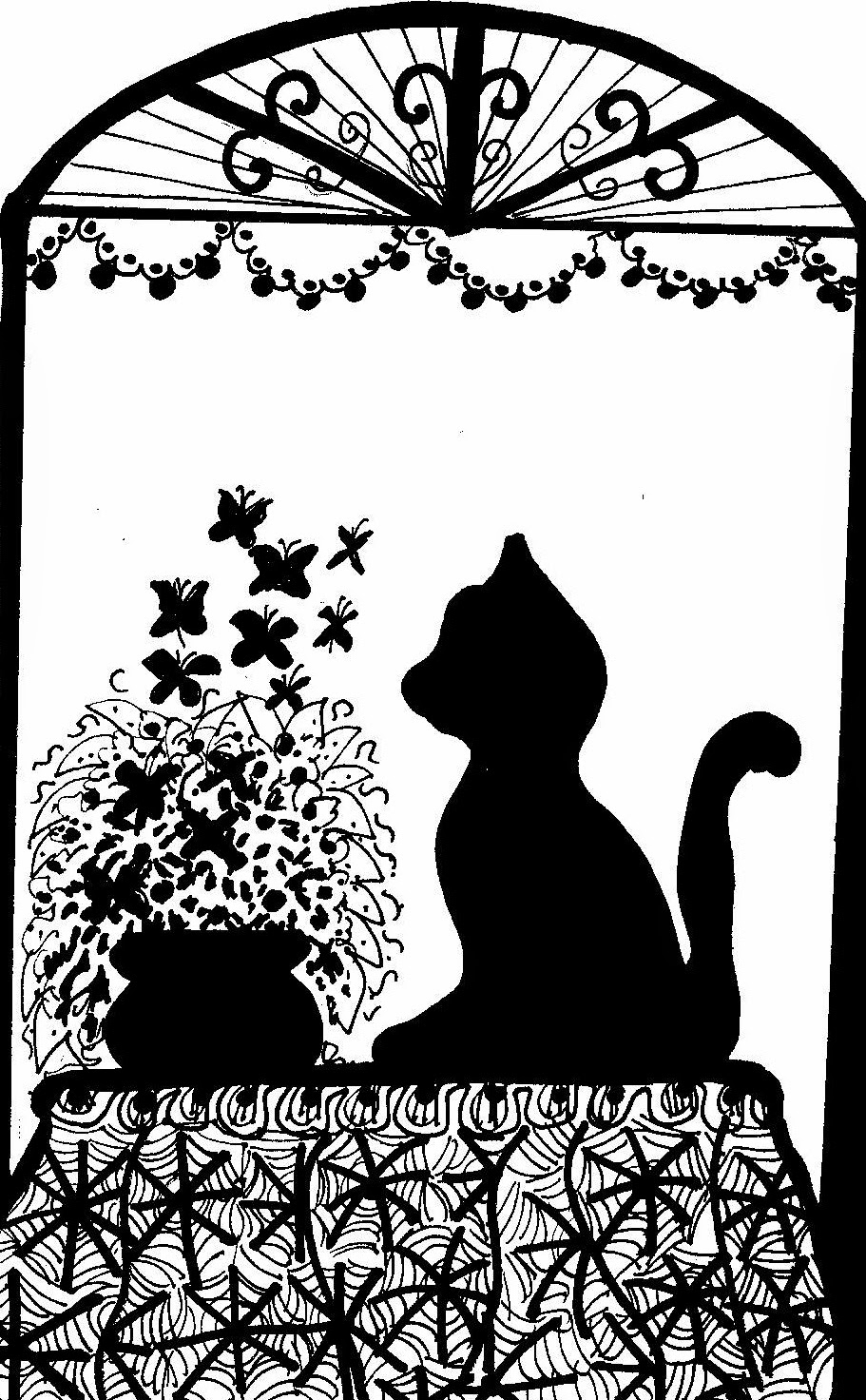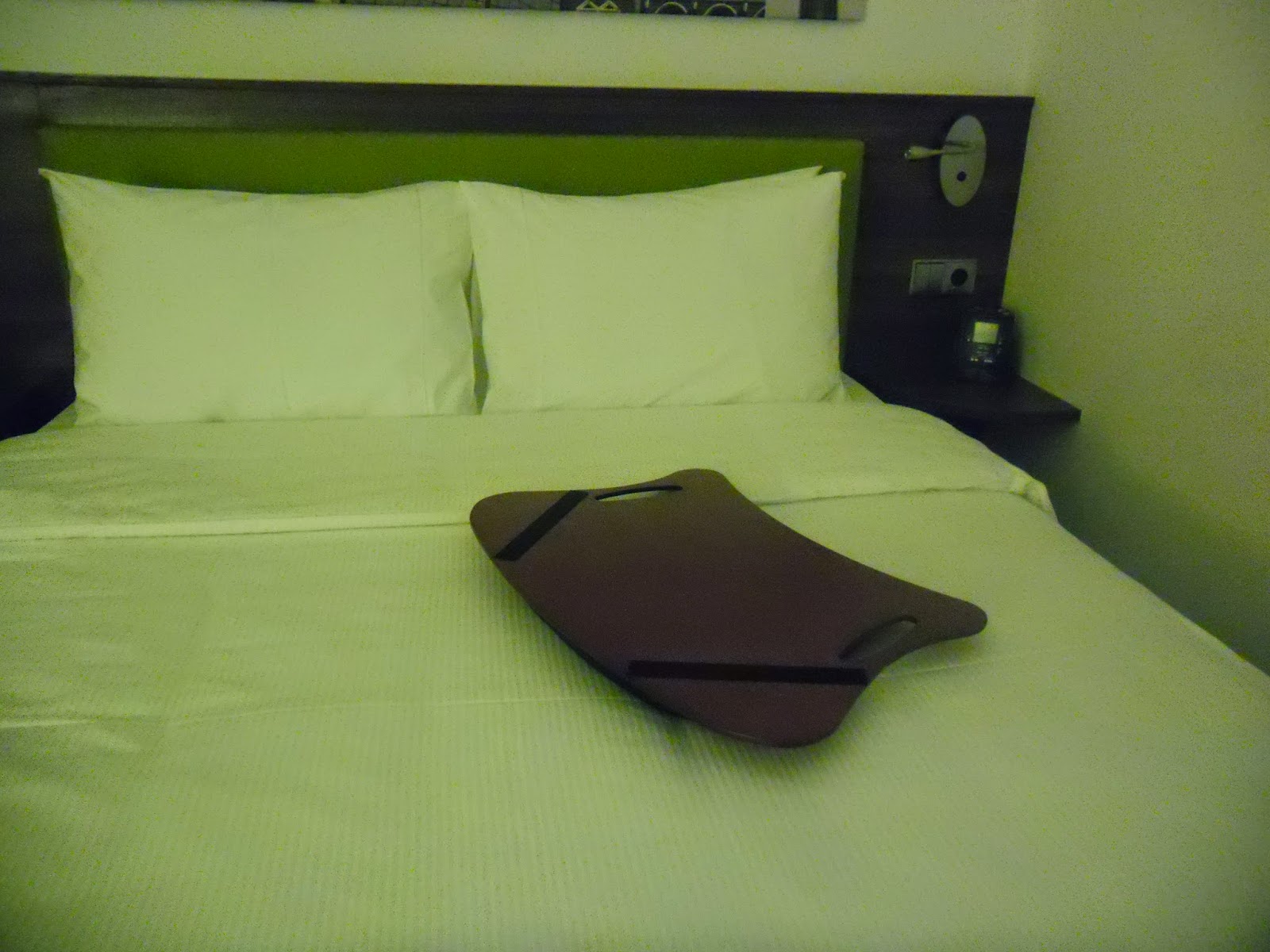Vasso had found me a one-bedroom rooftop flat just off Park Square. It
was in a small newly built block, had a white and blue tiled bathroom with a
shower, a beige tiled kitchen with cupboards, a stainless steel sink and a
couple of electric rings, and a parquet wooden floor in the bed-sitting room. I
had a small fold up bed, a table and a few chairs. It was a little bare so I
made it more colourful by sticking all the children’s drawings on the clean
white walls. But it didn’t really need much cheering up as its crowning glory
was the vast veranda leading off the bedroom, twice as big as the flat itself
and with views which stretched over the town, down to the cotton fields and on
towards the mountains and a thin glimmer of sea.
Vasso was always trying to get me to buy curtains for the place ‘to make
it look more like a home.’ Who buys curtains when they’re living an adventure
and intending to stay only for nine months? No-one could see in; the flat was
too high up for that and there were sliding white shutters to block the strong
afternoon sunlight when it became too wearing. At night I would leave them open
and lie on my little bed, watching the darkness deepen and the stars glow.
I paid a fifth of my pay for it; 5,000 drachmas a month which would just
about buy you a small round of drinks and a packet of peanuts now. The landlord
owned a cake shop in the same street and I would take the rent along to him on
the first of every month. As a young man he had spent some time travelling
around Europe and was always pleased to be able to inform me that I had come to
the wrong place to work.
‘Why you come ‘ere, Mizz Zan? England is ver ver beautiful town. The
people there they are not like us. ‘Ere we are all scoundrels. Everyone wants
to deceive you ‘ere. We are a bunch of rotters. Sit down, Mizz Zan. ‘Ave a cake
and glass of water.’
‘Oh, thank you, Mr George,’ I would begin, ‘well, no, I’m sure you can’t
say everyone here is a rotter…’
‘Believe me, is true!’ he insisted, placing before me a plate of custard
filled pastries and a small fork rolled in a paper napkin. ‘The men is bad
‘ere. You must be ver careful of the men in Greece. In England the men is
lords, they is gentlemen. ‘Ere they are all rotters,’ And he slammed his fist
on the table to emphasize his point, making the custard tarts wobble.
‘So, where did you go in England?’ I said, trying to lighten the mood,
as he was clearly getting upset.
‘Edinburgh, Cardiff, Great Yarmouth, London. You know the Savoy? ’ he
asked suddenly.
‘Yes, but I’ve never eaten there,’ I said, ‘too posh for me.’
‘I was ‘ead chef there for one year,’ he said.
‘Oh, that’s amazing. What a great job. You must be a really good cook,’
I said.
‘Yes, yes, I am,’ he agreed. ‘They liked me there because I was the only
chef they ever ‘ad who didn’t open a can of peas. I always used fresh
vegetable. No tinned food!’
‘What…all the other chefs used tinned foods?” I said thinking of all I
had heard about the smart and seriously expensive Savoy Hotel.
‘Yes, yes, only me I use fresh food!’ he said proudly.
‘Hang on,’ I said, twigging. ‘Was this the Savoy in the West End of
London?’
‘No! Great Yarmouth! Savoy Grill, Great Yarmouth. By the sea front. Ver
good. Ver nice place.’
























.JPG)
























